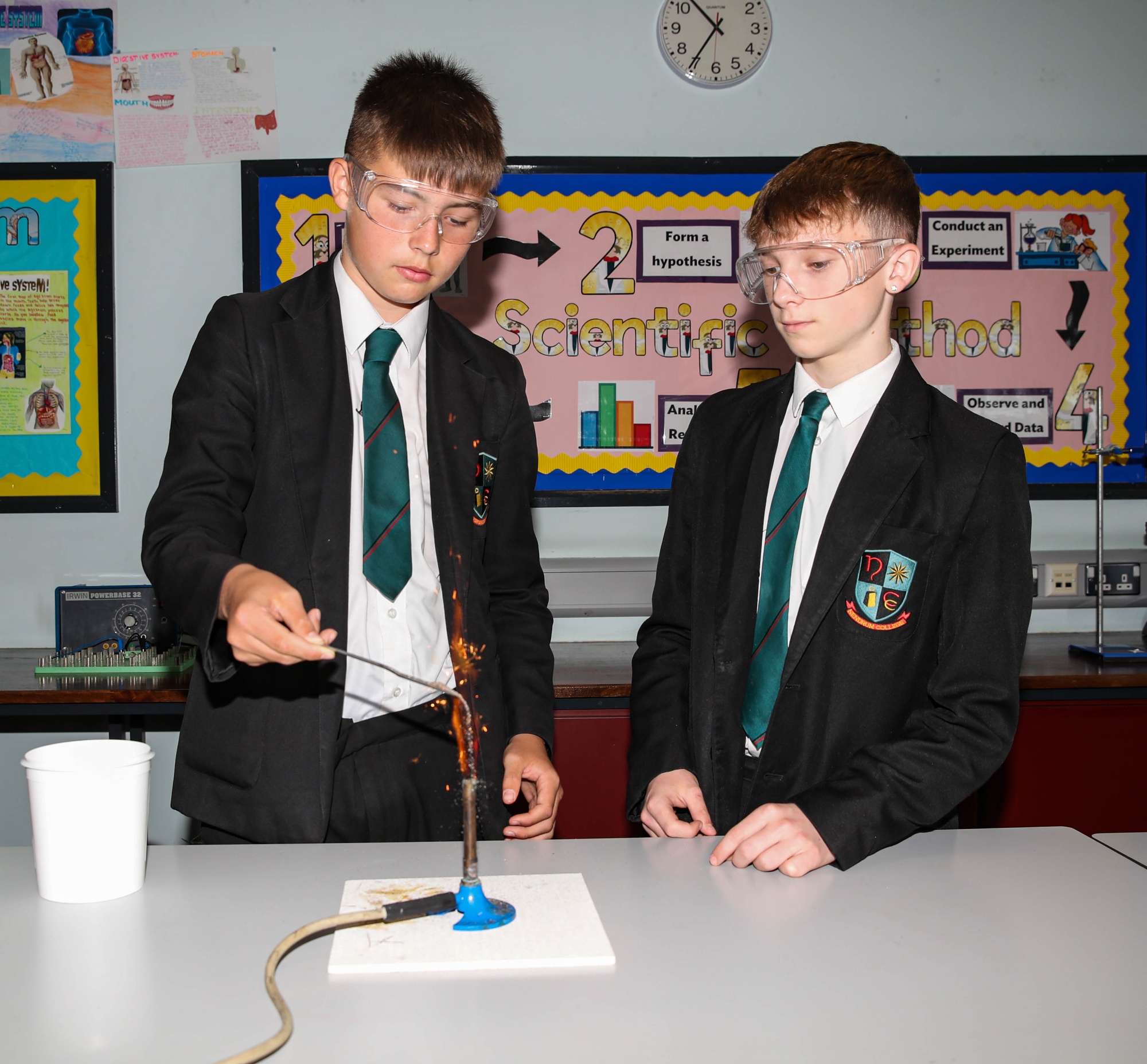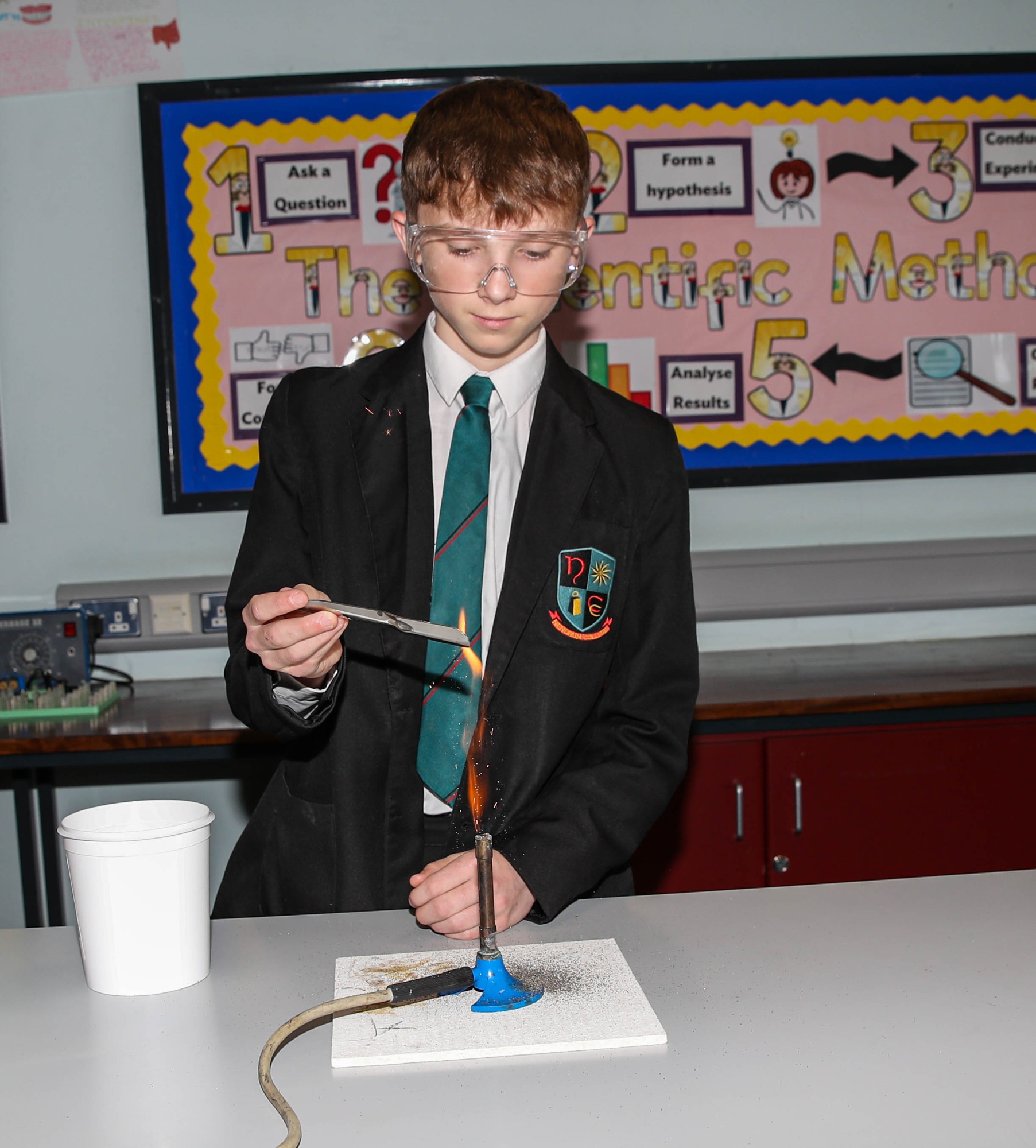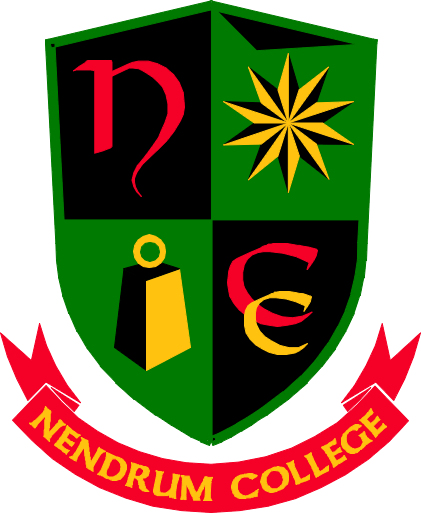Science
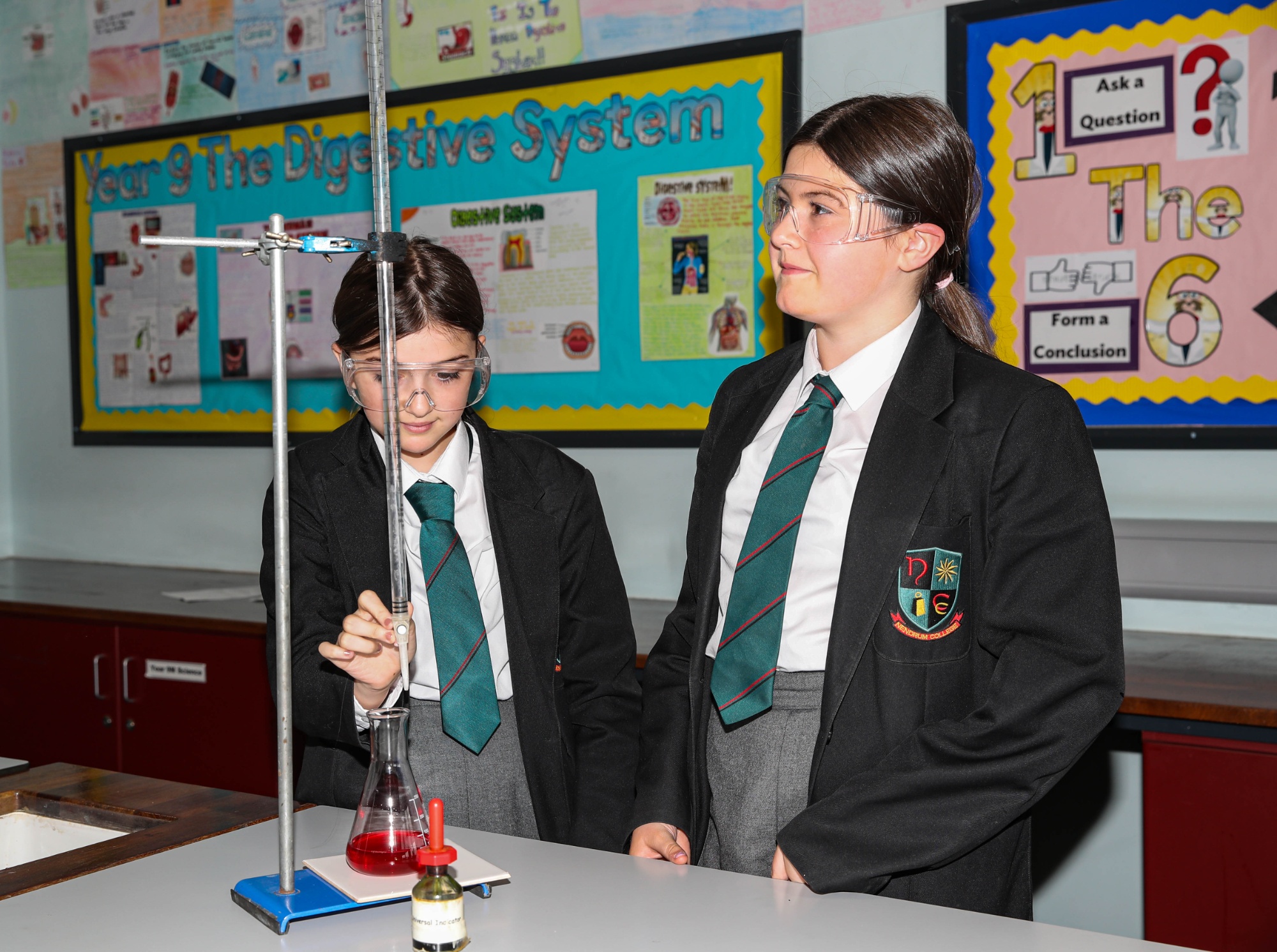
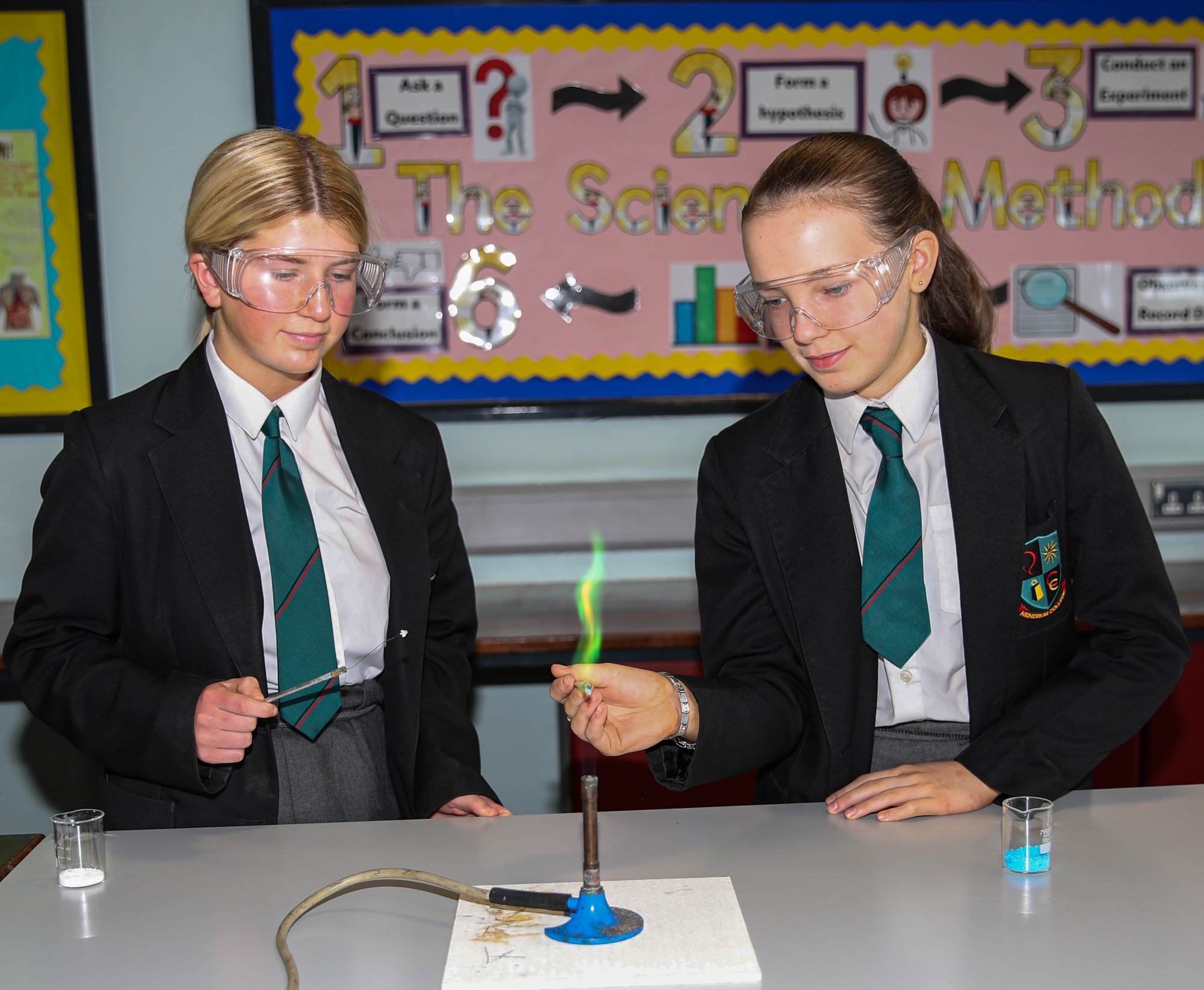
Science at Nendrum College
Time allocation per week at KS3 : 2hours 20mins
The aim of the Science Department is to introduce pupils to a broad, balanced range of subject matter and learning experiences in the physical and biological sciences.
As an integral STEM subject (Science, Technology, Engineering and Maths) we recognise the importance of Science in the wider community. In our changing society we are keen for our pupils to develop the necessary and appropriate skills which will enhance their future employability in the work place.
Key Stage 3
Topics include -
Year 8:
- Safety and Measurement
- Chemical reactions
- Particle Theory
- Earth and Space
- Energy
- Classification and Ecology
Year 9:
- Material Properties
- Elements, Atoms and Separating Techniques
- Electricity and Magnetism.
- Forces.
- Human Reproduction
- Parenting Awareness
Year 10:
- Acids and Alkalis
- Metals and their Reactivity
- Light and Colour
- Sound
- Food, diet and digestion
Key Stage 4
Time allocation:- 2 hours 55 minutes per week - Single Award/OCN Science
5 hours 50 minutes per week - Double Award Science.
Currently some pupils will be entered for Single Award Science and then some pupils will opt to study for an additional qualification, known as Double Award Science. Pupils may enter Foundation or Higher Tier papers as appropriate.
GCSE Single Award Science examining board: CCEA
Single Science topics covered include -
Chemistry
Acids, Bases and Salts
Elements, Compounds and mixtures
Atomic Structure and Periodic Table
Bonding
Materials
Symbols, Formulae and Equations
Qualitative Analysis
Metals and Reactivity Series
Rates of Reactions
Organic Chemistry
Biology
Cells
Food and Diet
Chromosomes and Genes
Co-ordination and Control
Reproductive system
Variation and Adaptation
Disease and Body Defences
Ecological relationships
Physics
Electrical Circuits
Household Electricity
Energy
Electricity Generation
Heat Transfer
Waves
Road Transport and Safety
Radioactivity
Earth in Space
The weighting of the components are:
25% Biology - External written examination
25% Chemistry - External written examination
25% Physics - External written examination
25% Practical component - 7.5% Practical skills assessment booklet and 17.5% External written examination.
GCSE Additional Science examining board: CCEA
Double Award Science topics covered include:
Chemistry C1 - External written examination (11%)
Structures
Trends
Chemical Reactions
Quantitative Chemistry and Analysis
Chemistry C2 - External written examination (14%)
Further Chemical Reactions
Rates and Equilibrium
Calculations
Organic Chemistry
Biology B1 - External written examination (11%)
Cells
Living Processes
Biodiversity
Biology B2 - External written examination (14%)
Body Systems
Genetics
Microorganisms and Health
Physics P1 - External written examination (11%)
Motion
Force
Moments
Energy
Density
Kinetic Theory
Radioactivity
Nuclear Fission and Fusion
Physics P2 - External written examination (14%)
Waves
Light
Electricity
Magnetism
Electromagnetism
Space Physics
25% of the course is the practical component. It consists of:
Booklet A - Practical Skills Booklet (1 for each Science area) - 7.5%
Booklet B - 3 x 30minute external written examination (1 for each Science area) - 17.5%
OCN Level 2 Certificate/Extended Certificate in Applied Science: OCN NI
The OCN Level 2 course is better suited for those pupils that want to continue with Science at GCSE level but a more weighted coursework course is more appropriate. The OCN Level 2 course can be completed as a Certificate course which is equivalent of a 'B' GCSE grade or an Extended Certificate course which is equivalent of a 'BB' grade (two B equivalent grades at GCSE).
The topics covered for the Certificate course are:
Biology - Life processes and Living Things
Chemistry - Materials and their Chemical Properties
Physics - Physical Processes
The topics covered for the Extended Certificate course are:
Biology - The Living Body
Chemistry - Chemical Analysis and Detection
Physics - Exploring Our Universe
